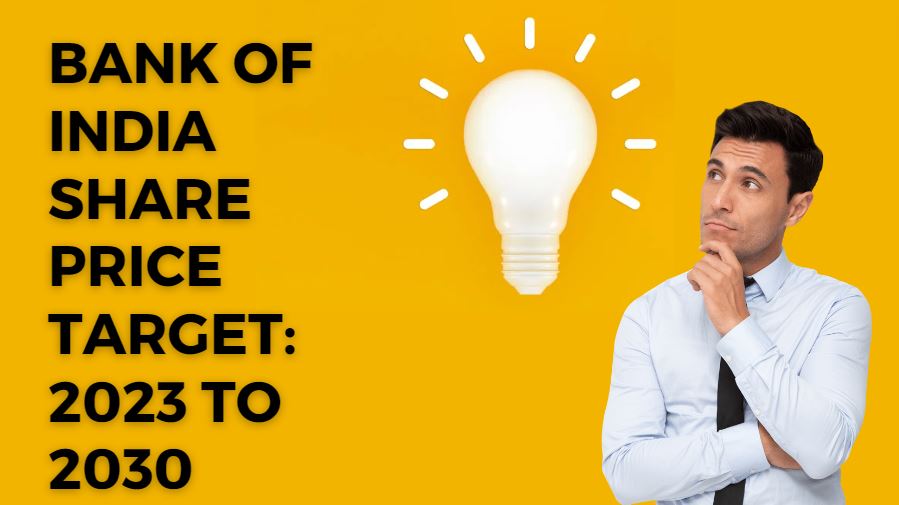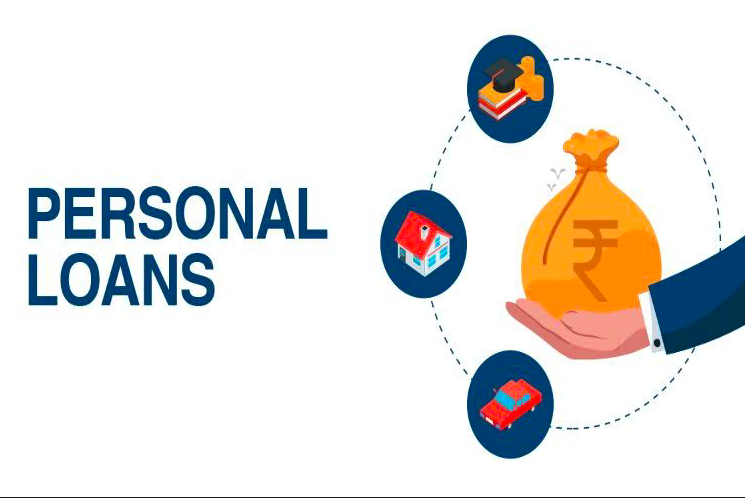Money can offer you the resources needed to reach your objectives, but it cannot do the work for you. Having a sound financial plan is critical in attaining your financial aspirations. Along with investing, there are other money management practices that can help you maximize your funds. Here are five tips to get you going on a successful financial path.

Tip 1: Live Within Your Means
Living within your means is a cornerstone of personal financial management. It means spending less than you earn and saving or investing the difference. This allows you to build up an emergency fund, pay off debt more quickly, and achieve financial security.
Benefits of Living Within Your Means
Living within your means provides numerous benefits that can help you reach your financial goals. It can help you build assets rather than liabilities, provide financial security in case of an emergency, and allow you to save for long-term goals. Furthermore, it can reduce stress by eliminating worries about debt and bills. Finally, it can give you the freedom to pursue your dreams without worrying about money.
Tip 2: Have an Emergency Fund
An emergency fund is a savings account that is set aside for unexpected expenses. It provides a safety net in the event of job loss, medical expenses, or other financial emergencies. It is a key component of any financial plan and should be a priority for any individual or family.
Benefits of Having an Emergency Fund
Having an emergency fund provides financial security and peace of mind. It can help prevent dipping into retirement savings or taking on high-interest debt to cover unexpected costs. With an emergency fund, individuals can avoid the financial stress of unplanned expenses and have the resources to cover them. It also provides safety in the event of job loss or other financial hardships. Having an emergency fund helps individuals maintain financial stability and provides flexibility when making financial decisions.
Tip 3: Pay Down Debt
Debt Paying down debt is a process of reducing an individual’s debt obligations by making regular payments to creditors. The payments are typically made on a monthly basis until the debt is fully paid off. This can include credit cards, auto loans, student loans, and other forms of debt. It is important to differentiate between paying down debt and debt consolidation. Paying down debt involves making regular payments to pay off the debt while debt consolidation involves combining multiple debts into one loan with a single payment.
Benefits of Paying Down debt
Paying down debt can be a difficult process, but the rewards can be great. By paying down debt, individuals can improve their credit score, reduce the amount of interest they pay, lower their monthly payments, and free up cash to save and invest for their future. Additionally, it can help individuals achieve financial freedom and peace of mind knowing that their debt is under control. By utilizing a sound debt management strategy, such as paying down debt, individuals can maximize their financial potential and work towards achieving their financial goals. This is one of the key money management strategies beyond investment that individuals should consider in order to ensure their long-term financial success.
Tip 4: Automate Your Finances
Automation is the process of creating a system that can complete tasks with minimal manual input. It is a way of streamlining processes and using technology to save time and money. Automation can be used in many tasks, including finances.
Benefits of Automating Your Finances
Automating your finances can help you save time and money. By automating payments, you can ensure that bills are paid on time and avoid late fees. You can also set up budgeting tools to help you keep track of your spending, as well as automated savings plans so that you can save for the future. Automating your finances can help you stay organized and on top of your money management goals.
Tip 5: Monitor Your Credit Score
Credit score is a numerical representation of a one’s creditworthiness based on their past financial behavior. Credit scores are generally calculated using information from credit reports. The higher the score, the better the creditworthiness.
Benefits of Monitoring Your Credit Score
Monitoring your credit score is an important step in managing your financial health. It can help you understand your financial options, avoid financial pitfalls and make better decisions. In addition to helping, you manage your credit, monitoring your credit score can also help you save money. Knowing your score will help you know the best rates and terms you can get when you apply for any kind of credit. It can also help you make sure that any errors or inaccuracies on your credit report are corrected quickly. Finally, monitoring your credit score can help you stay on top of any changes in your credit status, so that you can take proactive steps to protect your financial well-being.
FAQ
How can I create a budget?
To create a budget, start by tracking your expenses for a few months. Then, identify your income sources, set financial goals, and create a plan to achieve those goals. Next, adjust your spending to align with your goals. Finally, review your budget periodically to ensure it’s working for you.
What should I do if I can’t pay off my debt?
If you’re unable to pay off your debt, you may want to consider talking to a debt relief specialist. They can help you create a plan to get out of debt, such as a debt management plan or debt consolidation loan.
How can I build good credit?
Building good credit takes time, but there are a few steps you can take to get started. Start by paying all your bills on time, reducing the amount of debt you owe. with this, you may want to consider getting a secured credit card or asking for a credit limit increase.
How can I save money?
To save money, start by creating a budget and sticking to it. Next, look for ways to reduce your spending, such as cutting back on entertainment, dining out, and shopping. Additionally, consider setting up automatic transfers to your savings account to help you reach your financial goals.
What should I do if I have a financial emergency?
If you have a financial emergency, the first step is to assess your situation and determine what resources you have available. Consider tapping into an emergency savings fund, if you have one. If not, you may need to borrow money from a family member or friend or look into taking out a loan.
How can I track my spending?
To track your spending, start by writing down or recording all your expenses for a few months. Then, look for patterns and areas where you could be saving money. Additionally, you may want to consider using a budgeting app to track your spending in real time.
What are the benefits of setting financial goals?
Setting financial goals can help you stay motivated to reach your financial goals and stay on track with your budget. Additionally, having financial goals can help you prioritize spending and make more informed decisions.
What is the best way to invest my money?
The best way to invest your money depends on your financial goals and risk tolerance. You may want to consider talking to a financial advisor to help you determine the best investments for your situation. Additionally, you may want to research different types of investments to find one that fits your needs.
Conclusion
Creating a financial plan for the future and taking proactive steps to ensure that you are prepared for whatever life throws at you are essential for successful money management. As the old adage goes, “Failing to plan is planning to fail.” Utilizing these 5 money management tips beyond investing can help you ensure that you are taking the proper steps towards financial success. An insightful person once said, “Money is just a tool. It will take you wherever you want to go, but it won’t take the wheel for you.” Investing and budgeting are crucial elements for financial success, but it is ultimately up to you to use your funds wisely and make the right decisions to secure a sound financial future.












